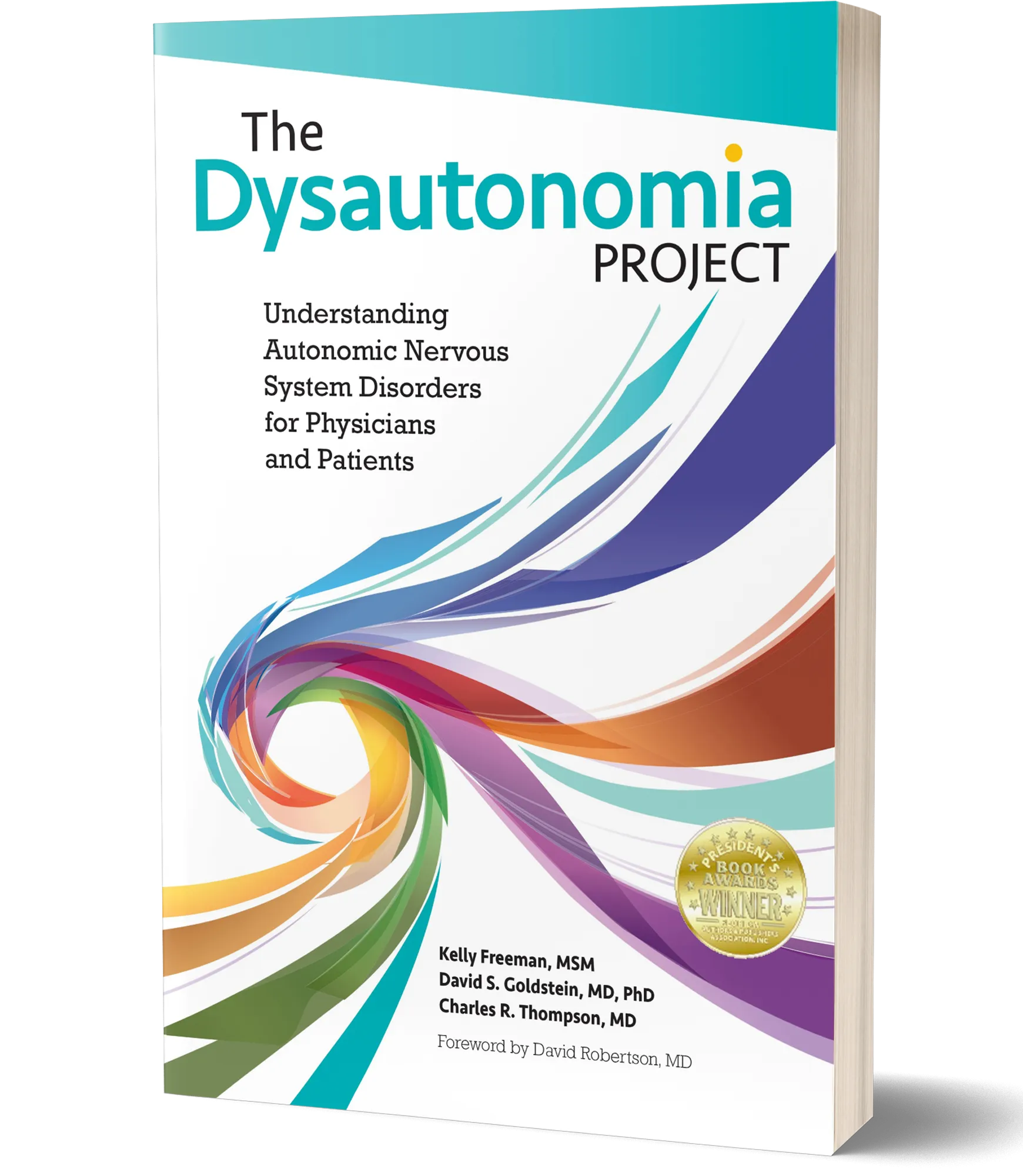In this video Dr. Goldstein explains how the autonomic nervous system played an important role in Sotah, the ordeal of the bitter water story found in the bible (Numbers 5:11-31).
There’s an interesting story in the Bible that I think teaches about the role of adrenaline in gastrointestinal problems that occur in patients with dysautonomias. This has to do with something called the “sotah.” “Sotah” – it’s in the Old Testament in Deuteronomy, I believe. This is a story of a woman who was accused by her husband of adultery, but there are no witnesses, and so what do you do in that situation? You go to the priest and the priest conducts a trial by ordeal. It’s the only biblical example of trial by ordeal, and the ritual is set out there. The woman has to say things and confirm what the priest is saying, by saying “Amen.” It’s the first use of the word, “Amen.” And the key to this biblical trial by ordeal was the stomach, the stomach. If the woman were guilty, then when she was kind of forced to drink water that just had dirt in it, it is called “waters of bitterness” in English translation, just dirt in water, and she had to drink this in public, and if she were guilty, if she were guilty of adultery, then her belly would swell. So, very graphic.
Why is that a sign of guilt? And Walter Cannon provided the answer in the early 1900s. In the very first demonstration that emotional distress causes release of adrenaline, he obtained blood from a cat that had been exposed to a barking dog and he applied that blood to a bioassay preparation that included gastrointestinal strip and either uterine or cardiovascular strip (we’ll call it, you know, aorta). And he found that, as you might expect, the blood from this cat that had been exposed to a barking dog contracted the aortic strip, but the blood relaxed, or decreased the contraction, of the gastrointestinal strip. And then when he took blood from a cat exposed a barking dog but the adrenal glands have been tied off or removed, in that situation, when the cat was exposed to the barking dog, the blood did not have this characteristic of contracting the cardiovascular tissue and relaxing the gastrointestinal tissue. So from that, Cannon deduced correctly that in emotional distress there’s something that’s released from the adrenal gland into the bloodstream. That was the first demonstration of emotional distress-induced adrenaline release, so it was based on this bioassay.
Now most people know about the contraction, you know you get your heart pumping and by adrenaline and so forth and so on, but relatively few people realized the other part which is the gastrointestinal relaxation. Very prominent as you see in this concept diagram. Sympathetic stimulation and adrenaline cause relaxation of the gut. Now we can go back to the woman who’s accused of adultery. If she’s guilty, presumably, when forced to drink these waters of bitterness, because of the adrenaline effect, the distress (because she’s guilty – it’s like biblical lie detection), she swallows this water with dirt in it, it’s not very palatable, and it doesn’t go anywhere because of the inhibition of gastrointestinal contraction. And so, the belly swells.

Wolfgang Singer, MD
Associate Professor of Neurology
Mayo Clinic Rochester, MN































